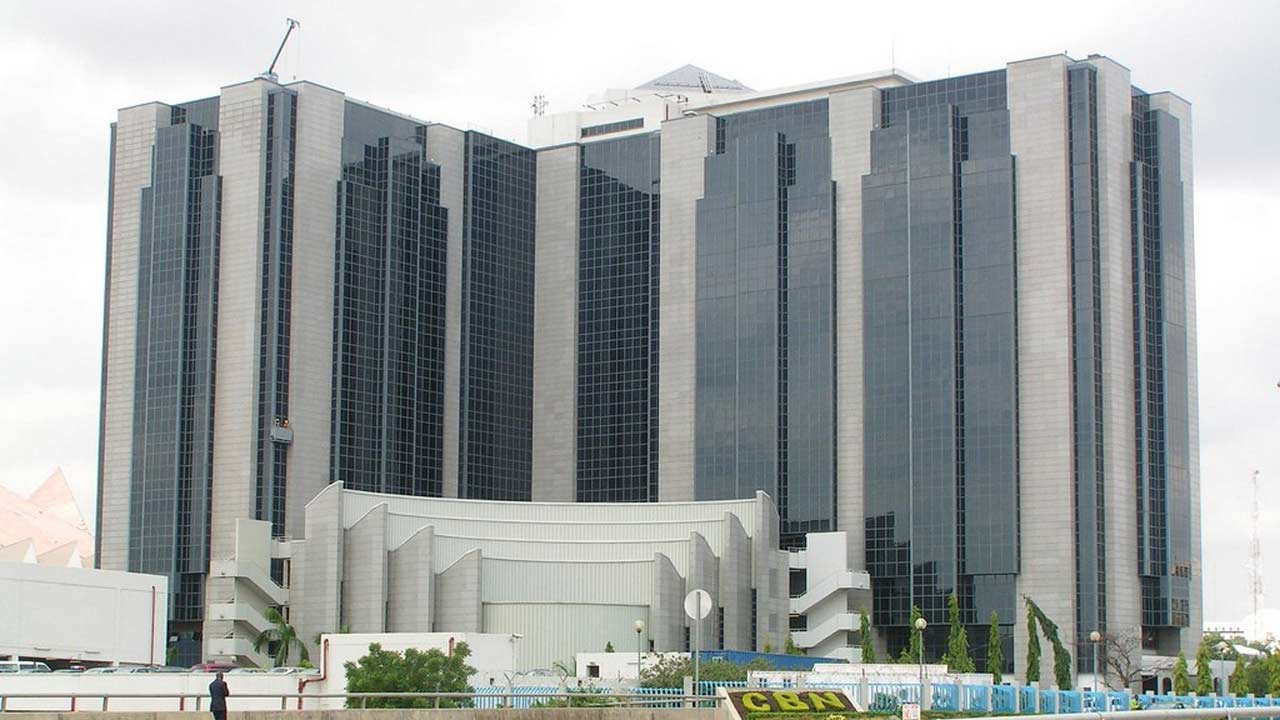Nigerian government’s crypto clampdown sparks legal concerns

Cryptocurrency groups in Nigeria might be taking their battle against the government’s unclear crypto policies to the legal front.
The policy by the Central Bank of Nigeria (CBN) mandates commercial banks to fish out and shut down both individual and corporate accounts linked to Bitcoin and other digital assets. The CBN tightened the screw on its regulations earlier this month, specifically targeting young Nigerians between 18 and 30 years.
Many critics have condemned the actions of the central bank, labeling it “financial terrorism with state-backing.”
The Blockchain Industry Coordinating Committee of Nigeria (BICCON), which is the umbrella body representing the three major crypto organizations in the country, alerted the central bank on Nov. 22 that its decisions were not backed by any legislation in the country.
In an official statement, Senator Ihenyen, the general secretary of BICCON, rallied all those affected by the central bank’s decision to sue both the CBN and the legacy bankers supporting its policies. He criticized traditional financial institutions and condemned their “questionable actions” in shutting down crypto-related accounts without due procedures.
Several crypto investors have been denied access to their bank accounts, either because they have been closed or frozen. Ihenyen said:
“Affected individuals and entities are advised to seek legal advice for the purpose of evaluating the individual circumstances of their cases […] Where it is advised that their right has been infringed upon without legal justification, legal redress should be sought in our courts accordingly.”
The Nigerian central bank banned cryptocurrencies in February, stopping local lenders from working with digital asset firms and ordering all national banks and financial institutions to close the accounts of all customers linked to cryptocurrency use. It then launched its central bank digital currency (e-naira) on Oct. 25, with hopes that it would boost Nigeria’s Gross Domestic Product by up to $29 billion over the next decade.
However, Ihenyen has accused the CBN of “overstepping its statutory bounds” and “encroaching on the law-making powers of the National Assembly, contrary to the provisions of chapter 4 of the 1999 Constitution of the Federal Republic of Nigeria (as amended).”
He emphasized that the decision of the central bank to order the closure of bank accounts just because of involvement with Bitcoin amounted to an abuse of power as there are no laws “criminalizing or illegalizing” cryptocurrency trade in Nigeria.
Ihenyen stressed that crypto users were not necessarily in violation of any national anti-money laundering and anti-terrorism laws.
Meanwhile, BICCON previously warned that there could be a dangerous reaction if the CBN fails to scrap or review the anti-crypto policy issued in February this year. The body in its latest statement expressed disappointment at the central bank’s lack of engagement, despite efforts by the local crypto industry to do so.
BICCON comprises the three biggest crypto organizations in Nigeria namely; Blockchain Nigeria User Group (BNUG), Cryptography Development Initiative of Nigeria (CDIN), Stakeholders in Blockchain Technology Association of Nigeria (SIBAN).




